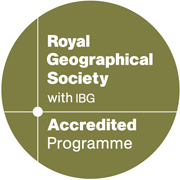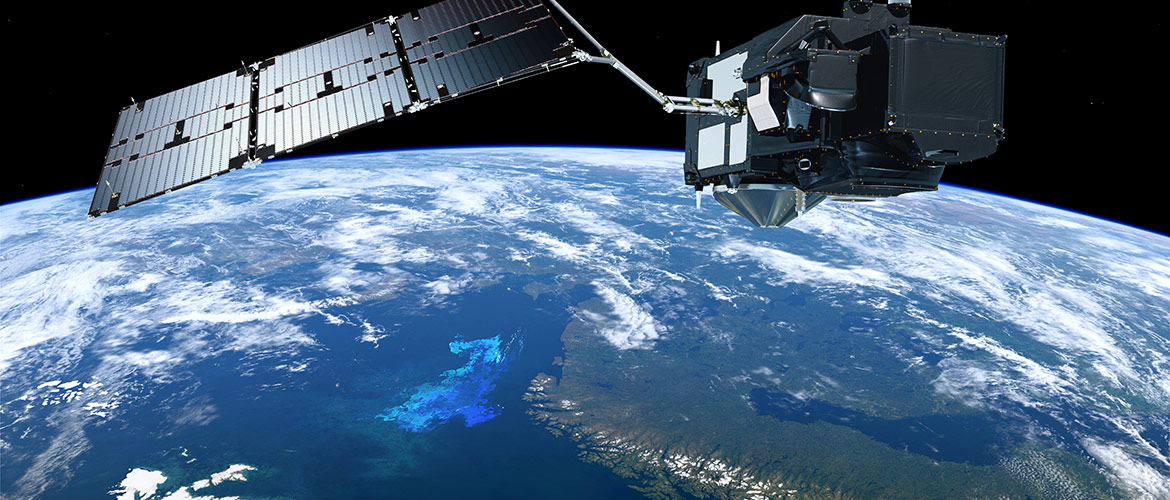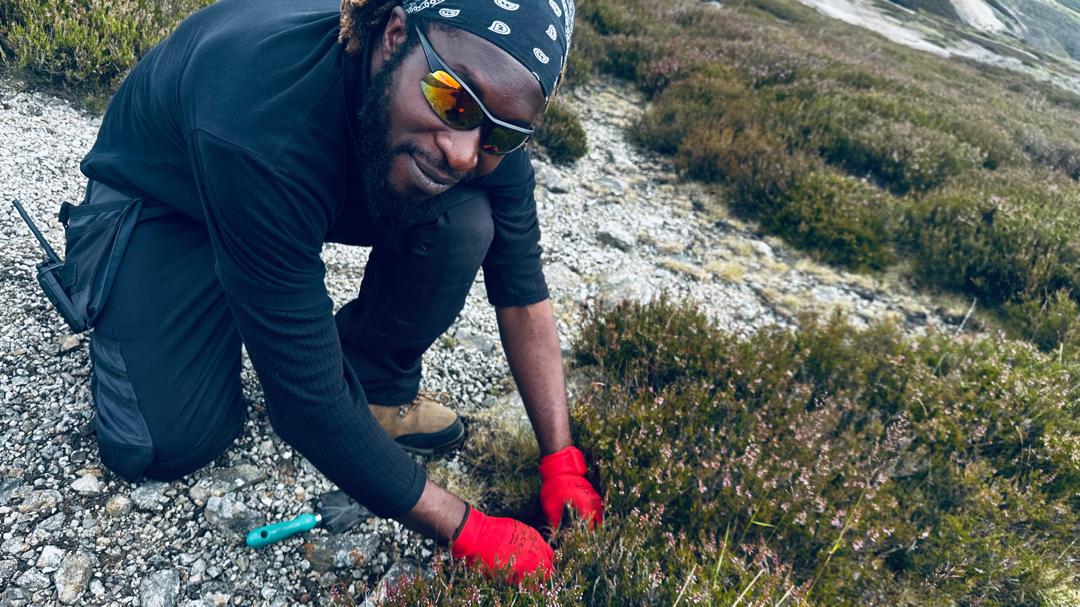Course Overview
 This programme is one of two Swansea University courses which are among the first postgraduate qualifications to be awarded accreditation by the Royal Geographical Society.
This programme is one of two Swansea University courses which are among the first postgraduate qualifications to be awarded accreditation by the Royal Geographical Society.
The MSc in Geographic Information and Climate Change gives cross-disciplinary training in the scientific basis of GIS, satellite remote sensing and earth system modelling, alongside aspects of climate change.
You will concentrate on the technical aspects of GIS and earth observation, as well as the past, present and future global and regional environmental and climatic change.
By graduation you will have hands-on experience and technical knowledge in GIS and remote sensing, supported by a broad knowledge of scientific issues underpinning climate change.
Your learning benefits from the combined Geography and Biosciences research expertise of our staff around geographic information, environmental and climate dynamics, marine and ecosystem biology, and sustainable development.






